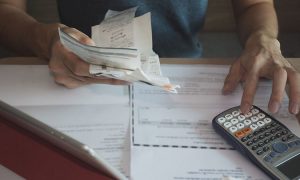Personal loans are borrowed money that can be used for large purchases, debt consolidation, emergency expenses and much more. These loans are paid back in monthly installments over the course of typically two to six years, but it can take longer depending on your circumstances and how…
The top 9 reasons for personal loans






